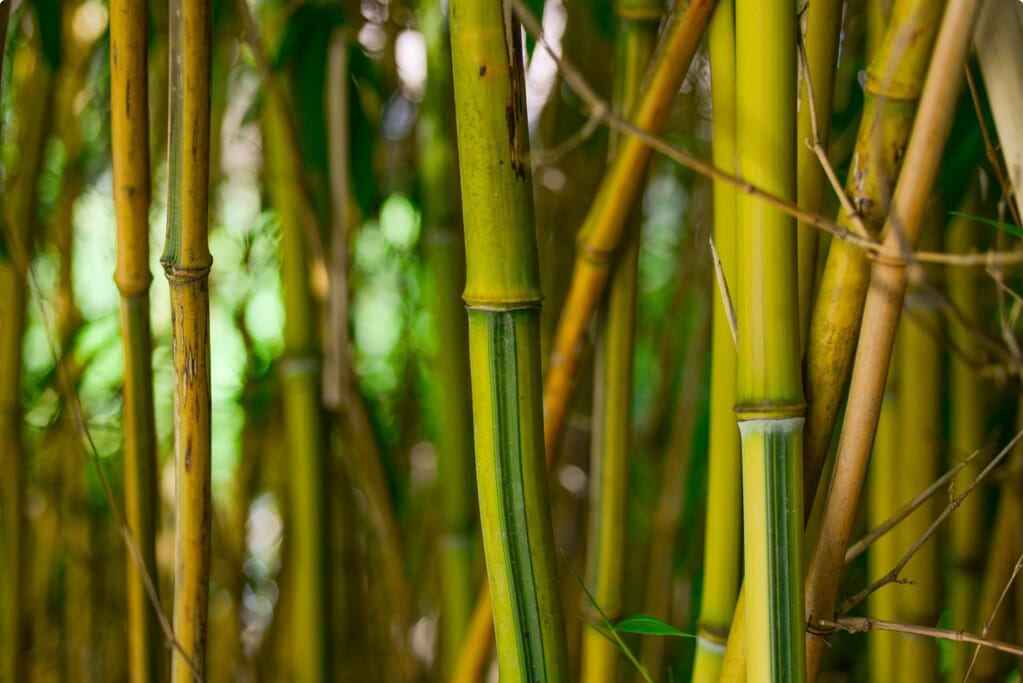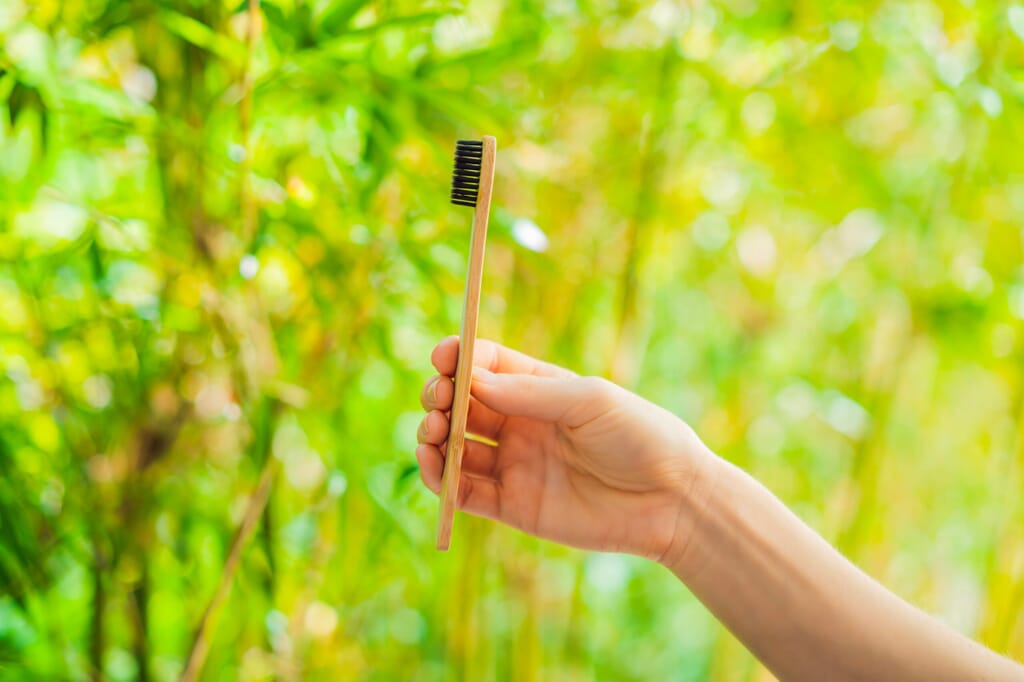Around 2,000 years ago, 80% of Western Europe was forested; right now, the figure is about 34%. The Amazon rainforest is the area that’s been most affected by deforestation – it’s reported that the rainforest lost an estimated 5 million acres in 2020, for reference, an average football pitch is around 2 acres.
There are many negative effects caused by deforestation, these include:
• Indigenous people’s homes being destroyed – indigenous communities still live in rainforests and survive off the land. They’ve lived in these rainforests for hundreds of years and depend on the forest.
• Animal’s habitats being destroyed – 70% of land animals and plant species live in forests, the loss of their habitat could cause many to die and even become extinct
• Greenhouse gases – we all know trees absorb carbon dioxide. Without these trees, areas will release more carbon.
Did you know that half of all plastic products ever manufactured have been made in the last 15 years? The world has become addicted to this single use product.
Plastic pollution causes irreversible harm to wildlife every single year. Millions of animals are killed including endangered species who accidentally consume plastic. Tonnes of plastic end up in our world’s oceans, if this trend continues, oceans could contain more plastic than fish by 2050.
Plastic takes years & years to decompose, some plastics stay in our oceans and landfills forever.
So, how can we help stop or decrease this?
Instead of using paper, plastic and other disposable materials, many people have been switching to bamboo products as an eco-friendly option.
Bamboo grows a lot faster than trees – trees can take more than 10 years to fully grow whereas bamboo can take just one or two years. This means that bamboo is extremely easy to farm. You don’t even have to remove bamboo fully to harvest it, you simply remove its stem and it grows back even bigger next time – it’s the ideal material.
As well as being sustainable, bamboo is also really strong, it can be used for a variety of applications.
Now, if you’re thinking we’re taking away the beautiful panda’s food to harvest this crop, you’d be (thankfully) wrong! Tiboo use managed farms far away from our friend, the panda’s, habitat.
If you’re thinking of switching to an eco-friendlier alternative to any paper or plastic products you use, there are plenty of bamboo alternatives! Here’s a list of some:
• Bamboo Toilet paper
• Tissue
• Bamboo Kitchen roll
• Cups
• Straws
• Water bottles
• Plates
• Cutlery
• Stationary
• Notebooks
• Toothbrushes
• Cotton buds
• Furniture
• Household items e.g., lampshades, toothbrush holders, washing baskets
We’ve covered a few core benefits to bamboo, however, there are plenty more…
• Bamboo produces 35% more oxygen compared to the equivalent tree mass
• Absorbs 12 tonnes of carbon dioxide per hectare per year
• It regrows when harvested so doesn’t need to be planted again
• Improves soil health as the bamboo isn’t being ripped up
• Bamboo is really durable – it’s been nicknamed as ‘green steel’ due to its strength; entire houses can be built using this material
• It’s safe & hygienic – bamboo can be used for straws because of just how hygienic it is, its fibres are naturally anti-bacterial
• It’s an eco-friendlier option
As long as bamboo is grown in a managed farm, no chemicals have been added and you know where it’s shipped from / how it’s being shipped, then the world could take advantage of this sustainable material.
Have you thought of switching to an alternative instead of using plastic and paper? You can sign up to our bamboo toilet paper or kitchen roll subscription where you receive beautifully soft bamboo paper products every 2, 3 or 4 months – help save the environment whilst not compromising on quality for your products.


